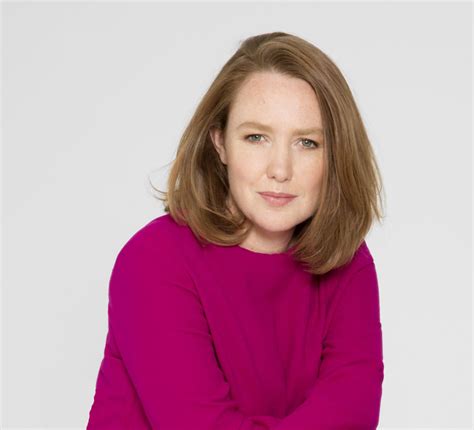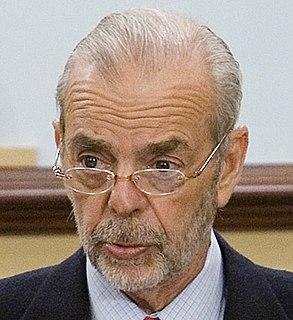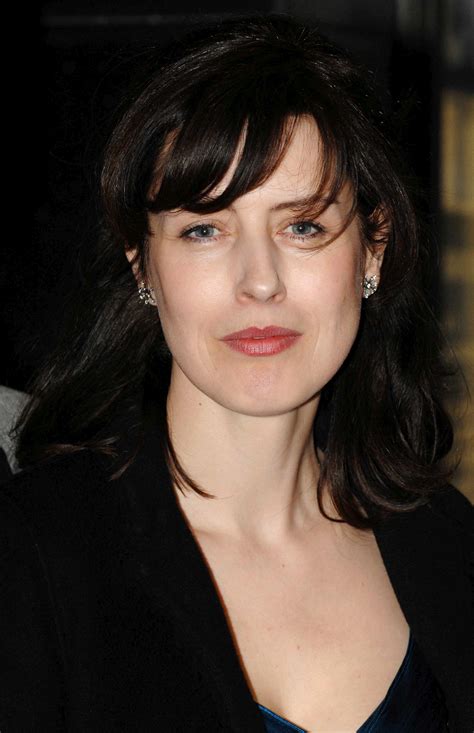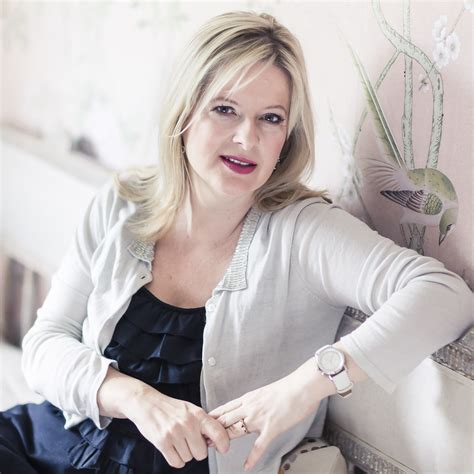A Quote by Natasha Little
I know some people are really comfortable with talking about their feelings and hopes and fears in public, but I'm not, and I don't think it's that extraordinary.
Related Quotes
She [Hillary Clinton] knows the people well. I think there is - you know, also talking about breaking down barriers and talking about that, whether we`re talking about that in economic terms. I mean, she`s the only person who has been out there talking about white privilege and talking about sort of the intersectionality of some of these issues.
"So, why do I have so much fear in my life?" "Because you don't believe. You don't know that we love you. The person who lives by his fears will not find freedom in my love. I am not talking about rational fears regarding legitimate dangers, but imagined fears, and especially the projection of those into the future. To the degree that those fears have a place in your life, you neither believe that I am good not know deep in your heart that I love you. You sing about it, you talk about it, but you don't know it."
The most aggressive views governing this country speak a lot about inclusion. We still have some people in this country who don't really get that we all have the same agenda, aspirations, hopes, and fears. I want people to be free and to be able to express themselves, to find the best ways to say things so that people can digest them.
When people say, well, they disapprove, I'd like to know what the specifics are, because sometimes - and the president [Barack Obama] has admitted this - they may not feel like he's really explaining and understanding the emotion behind some of these fears [about Iran]. And that's a perfectly legitimate question for people to ask. But if you look at the results of where we are, I think there are some things I agree with and some things I don't agree with, and I think that's absolutely fair game.
I think, at some level, we see young people all over the country mobilizing around different issues, in which they're doing something that I haven't seen for a long time. And that is, they're linking issues together. You can't talk about police violence without talking about the militarization of society in general. You can't talk about the assault on public education unless you talk about the way in which capitalism defunds all public goods. You can't talk about the prison system without talking about widespread racism. You can't do that. They're making those connections.
People get tired of talking about American exceptionalism, but I think this is an extraordinary thing about the United States, that we are a nation of immigrants, first of all, that is built upon a pluralistic society of native people that were here to begin with. The issue of diversity is really with us from the beginning.
I'm very sensitive - I'll cry during every movie or commercial - but when it comes to my own feelings, I don't really think about them that much unless I'm making music. Otherwise, I'm either checked out or laughing because that's how I do regular stuff. I have a hard time talking about my feelings.
We all have one other world we live in: our public world. Some people call it our public persona. This is the world where someone who doesn't know you privately, personally, or professionally hears your name and has some opinion about you one way or another. So the question becomes: where is integrity rooted? Some people think it's rooted in their public life. They spend all of their time trying to spin their public image. It's not rooted there, however. It's simply revealed there. People who lack integrity will have it revealed publicly.
I think polling is the best way of gauging public opinion - doing something that's independent, that's quantitative, that doesn't give just the loud voices about how things are going; or doesn't give so called experts the notion that they know what public opinion is. I think that's what makes public opinion polling pretty important. Qualitative assessments of public opinion; going out and talking to people and understanding the nuance to what's behind the numbers. I think it's awfully important as well.



































